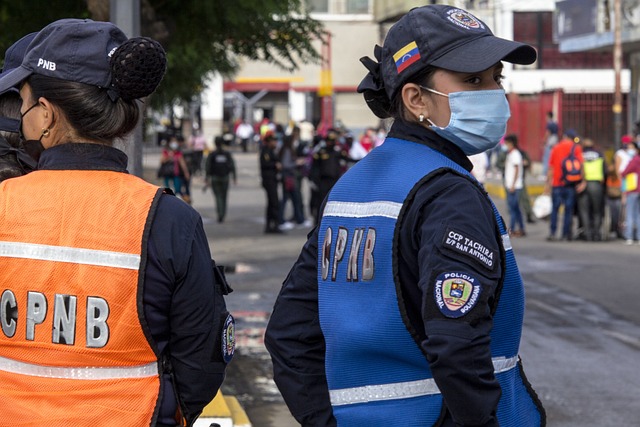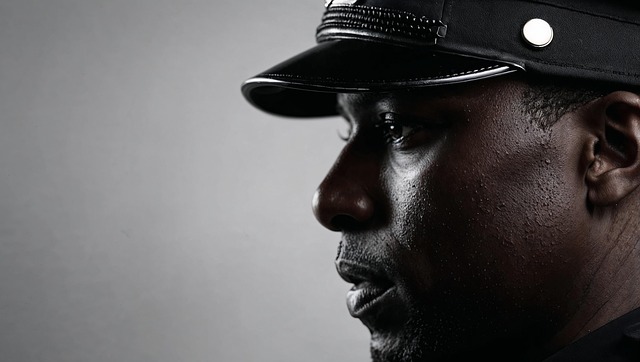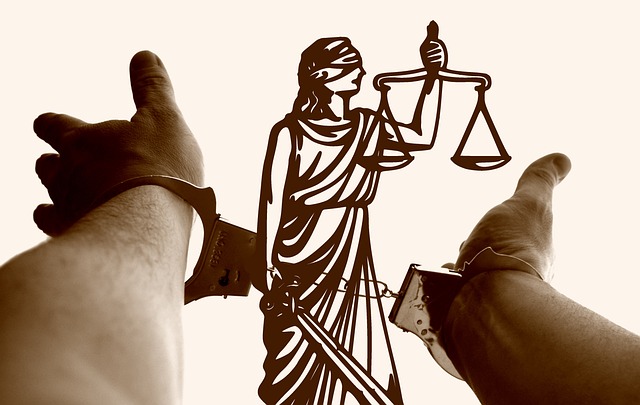The Criminal Procedure Appeal Process Explained is a critical pathway for clients challenging adverse criminal court decisions, ensuring fairness and accuracy within the justice system. This complex process involves two main types of appeals: procedural (for trial errors) and substantive (disputing convictions or sentences). It begins with a notice of appeal, followed by appellate court review of case records and legal arguments. Key steps include evidence gathering, brief preparation, and oral argument presentation. Strategic legal approaches are vital for favorable outcomes, whether seeking new trials or reducing sentences. Understanding jury trials is essential for successfully navigating this intricate process.
Litigation Types: Unraveling the Complexities of Legal Proceedings. This comprehensive guide delves into the intricacies of criminal litigation, offering a clear understanding of its fundamental aspects. From initial cases to appeals, we explore how the legal system navigates disputes.
Section highlights include an in-depth look at criminal procedures and the crucial role of appeals, categorized as procedural or substantive. Additionally, we provide a practical step-by-step guide to demystifying the appeal process, offering valuable insights for all stakeholders involved. Discover the key elements shaping legal outcomes.
- Understanding Criminal Litigation: An Overview
- The Role of Appeals in the Legal Process
- Types of Appeal: Procedural and Substantive
- Navigating the Appeal Process: Step-by-Step Guide
Understanding Criminal Litigation: An Overview

Criminal litigation involves the prosecution and defense of individuals or entities accused of committing crimes. It’s a complex process governed by strict rules and procedures designed to ensure fairness and due process. Understanding criminal litigation requires delving into the various stages, from initial law enforcement investigations through arrests, pre-trial hearings, jury trials, and ultimately, sentencing. The Criminal Procedure Appeal Process Explained is a crucial aspect for both corporate and individual clients, offering a path to challenge adverse decisions and seek justice.
White collar defense plays a significant role in this landscape, focusing on navigating the intricate legal intricacies surrounding financial crimes. Whether it’s fraud, embezzlement, or other non-violent offenses, skilled attorneys adept at handling these matters ensure that clients’ rights are protected throughout the litigation process. From preparing robust defenses to negotiating plea agreements, the ultimate goal is to achieve the best possible outcome for corporate and individual clients alike.
The Role of Appeals in the Legal Process

The appeals process plays a vital role in the criminal procedure, offering a critical avenue for review and recourse. It’s a mechanism designed to ensure fairness and accuracy within the legal system by allowing cases to be re-examined when there are allegations of error or injustice during lower court proceedings. When a defendant feels that his rights have been violated or that the verdict is unwarranted, he can initiate an appeal, challenging the decision made in the initial trial. This process involves meticulous review of evidence, legal arguments, and procedural aspects by appellate courts, who have the power to uphold, modify, or reverse the original judgment.
Understanding the appeals process is crucial for all clients navigating their respective business within the criminal justice system. It encompasses all stages of the investigative and enforcement process, from the initial filing of an appeal to oral arguments before higher courts. This intricate procedure demands meticulous attention to detail, legal expertise, and a deep understanding of procedural rules, as even minor technicalities can significantly impact the outcome of an appeal.
Types of Appeal: Procedural and Substantive

The appeal process in criminal cases is a vital part of ensuring fairness and accuracy in the justice system. It offers an opportunity for both general criminal defense attorneys and corporate legal teams to challenge convictions and sentences that they believe were unjust. There are two main types of appeals: procedural and substantive.
Procedural appeals focus on errors or issues that occurred during the original trial itself, such as violations of due process rights, improper admission of evidence, or ineffective assistance of counsel. On the other hand, substantive appeals challenge the validity of a conviction or sentence based on the facts and law. For his clients, whether they are corporate or individual, an experienced legal advocate can navigate these complex procedures, ensuring that every avenue for review is explored to protect their rights and achieve a favorable outcome.
Navigating the Appeal Process: Step-by-Step Guide

Navigating the Appeal Process: A Step-by-Step Guide to Achieving Extraordinary Results in Criminal Procedure Appeals
The Criminal Procedure Appeal Process Explained is a crucial step for individuals seeking to challenge their criminal convictions or sentences. It involves a series of strict procedures designed to ensure fairness and accuracy. The process typically begins with filing a notice of appeal within a specified time frame after the original judgment. This triggers a comprehensive review by the appellate court, which examines the record and legal arguments presented by both parties.
Key steps include gathering all relevant evidence, preparing detailed legal briefs, and presenting oral arguments before the bench. The focus is on demonstrating errors in the lower court’s decision, such as violations of due process rights or misapplication of laws. Achieving extraordinary results often hinges on compelling legal strategies and robust advocacy. Whether it’s a request for a new trial based on newly discovered evidence or an appeal against an excessive sentence, understanding jury trials and respective business practices is vital to navigating this complex landscape successfully.
Understanding criminal litigation and the appeal process is crucial for navigating legal systems effectively. By comprehending the distinction between procedural and substantive appeals, individuals can make informed decisions during their legal journey. This comprehensive guide offers a clear path through each step of the appeal process, empowering folks to advocate for their rights and seek justice in today’s complex legal landscape. As you explore these topics, remember that knowledge is a powerful tool, enabling you to participate actively in your criminal procedure appeal process explained.






